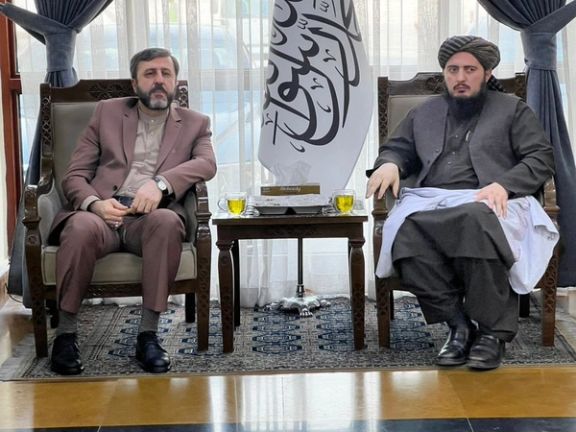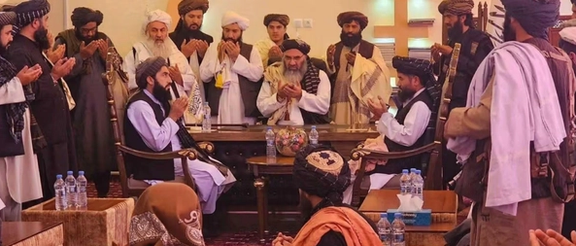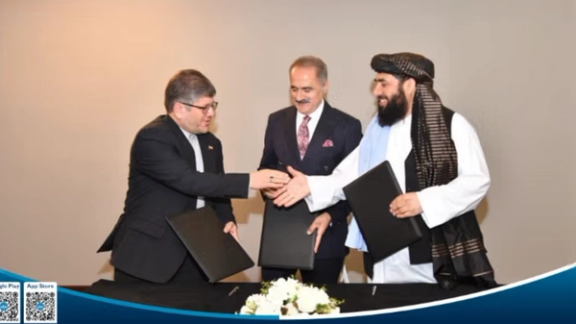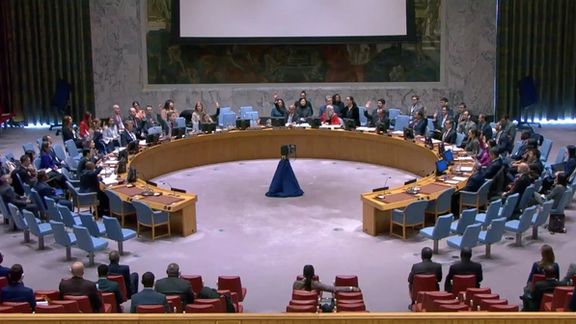Amanov said construction of the Afghan segment is expected to finish by the end of next year, after which Turkmenistan will start exporting gas to Afghanistan. He also reported significant progress in negotiations with Pakistan on finalising key agreements necessary for implementing the project.
“These agreements are essential for ensuring investor confidence and protecting future investments,” Amanov said, adding that discussions are more than 90 percent complete.
The TAPI pipeline, designed to transport 33 billion cubic metres of gas per year from Turkmenistan’s Galkynysh gas field, aims to boost regional energy integration. Turkmenistan completed its section of the pipeline in 2024 and is now focusing on facilitating the Afghan phase.
Construction of the 153-kilometre Serhetabat–Herat section inside Afghanistan began in September 2024. On 21 October, Turkmenistan’s national leader Gurbanguly Berdimuhamedov inaugurated a new phase of construction on Afghan soil during a visit to Afghanistan.
Turkmenistan to Export Up to 1.5 Billion Cubic Metres of Gas to Afghanistan
Separately, Maksat Babayev, chairman of Turkmengaz, said Turkmenistan will supply gas to Afghanistan through the TAPI pipeline, beginning with 500 million cubic metres per year, and later increasing to 1.5 billion cubic metres annually.
The Taliban’s Deputy Prime Minister for Economic Affairs Office confirmed that Berdimuhamedov inspected progress on the project during his visit, calling TAPI one of Turkmenistan’s top national priorities and underscoring the importance of completing it on schedule.
The TAPI project, first proposed in the 1990s, is seen as a strategic energy corridor linking Central and South Asia. Its success depends on security and cooperation among all four participating nations.






